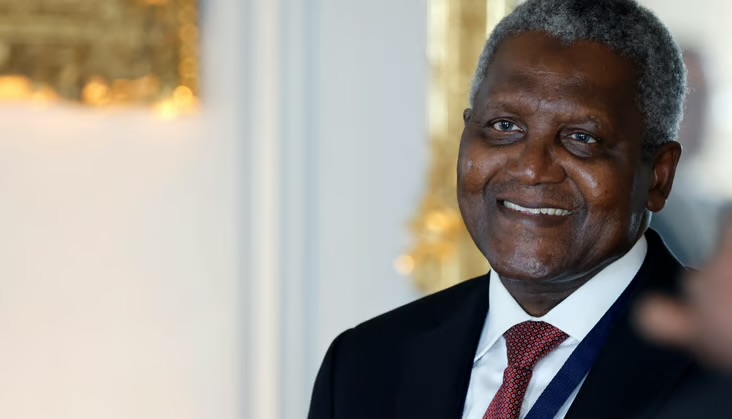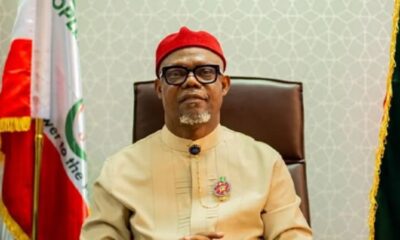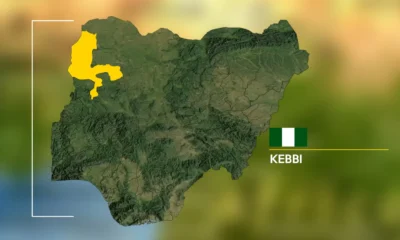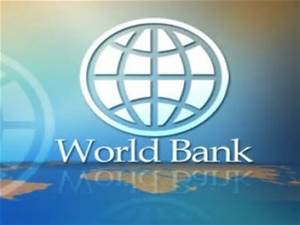The Nigerian tycoon says a second single-train unit at the Lekki site will lift nameplate capacity from 650,000 barrels a day to 1.4m b/d within three years. “Upon completion, this will make it the largest refinery in the world, surpassing the Jamnagar Refinery in India,” he said.
Speaking at a briefing on Sunday, Dangote told The Africa Report he had yet to recoup the capital sunk into the initial plant but would finance expansion from the refinery’s earnings and minority partners. “We will finance it through cash flow. We have good cash flow,” he said. “We have one or two strategic investors that we are actually going to carry along.”
Funding and listing plan
A portion of the funding is also expected from an initial public offering next year. Dangote said he would list “10%” of the refinery and petrochemicals complex on the Nigerian Exchange, with international trading venues a secondary option.
“Our main listing will be here in Nigeria to give Nigerians value,” he said. “We want the Dangote Refinery to be the golden stock of the exchange. Listing outside Nigeria is secondary to us. We want this to be a national asset in every sense.” He described the planned float as “a step towards broader ownership and market transparency”.
Dangote Industries already has three quoted entities in Lagos — Dangote Sugar Refinery, NASCON Allied Industries and Dangote Cement — the latter among the exchange’s largest by market value.
Capacity ramp-up and product slate
The $20bn Dangote refinery complex began producing diesel and aviation fuel in January 2024 and petrol in September, supplying domestic buyers and export markets. Debottlenecking under way should lift effective throughput to about 700,000 b/d next year, Dangote said. The group intends to shift from Euro V to Euro VI fuel standards, “meeting the highest global environmental benchmarks”.
Demand case – and regional reach
Dangote argues that the expansion meets rising African fuel demand and reduces reliance on imports in a continent with limited refining. “If you look at it today, all African countries, with no exception, are importers of petroleum products. The only country that wasn’t importing before was Algeria, but it is importing once in a while,” he said.
He added that approvals have been secured from Namibia to build “a huge tank farm” to serve the region, including Botswana, Zimbabwe, Zambia and South Africa.
He casts the project in continental terms. Africans, he said, should be “very proud that one of them is actually freeing them from slavery”. “What is happening right now is that we are exporting the crude which is being produced in the African continent and importing finished products. So, for once, at least, we have something that we are refining; so, we can also export and create jobs here.”
Execution – advantage of a running site
Dangote said the second train would leverage ground works, marine access and lessons from the first build. Site preparation for the initial project took nine months of bush-clearing and 65m tonnes of sand to raise the platform by about 1.5 metres.
“We don’t have to do that again,” he said. “We had to build SPM [single-point mooring]; we might not have to build SPM anymore. And we don’t have to build a port anymore. We already have a port. So, it will take us a very short period of time.”
He acknowledged the risks but pointed to the first phase as proof of delivery. “We have seen some of the bottlenecks, and where we faced those bottlenecks. We are always trying to take calculated risks. When we announced the 650,000 [barrels a day], a lot of people thought we were crazy and that it would never happen. But we have delivered.”
Broader portfolio
The expansion announcement came days after Dangote and the Ethiopian government broke ground on a $2.5bn fertiliser plant — part of a wider push to build an integrated energy and industrial platform across Africa. Dangote’s net worth has risen this year, according to Bloomberg’s ranking, reflecting gains in cement and the ramp-up at the refinery.
For now, the emphasis is on staying the course. “Refining is a long-term project. It is an investment for the future. We are expanding because we believe in Africa,” Dangote said. “When Africa builds its own capacity, it builds its own destiny.”
(The Africa Report)



















